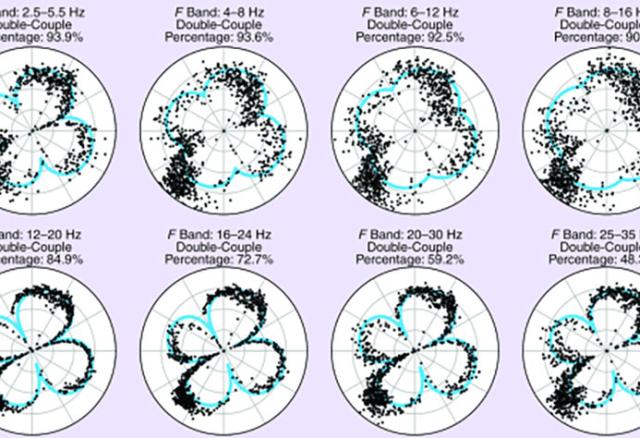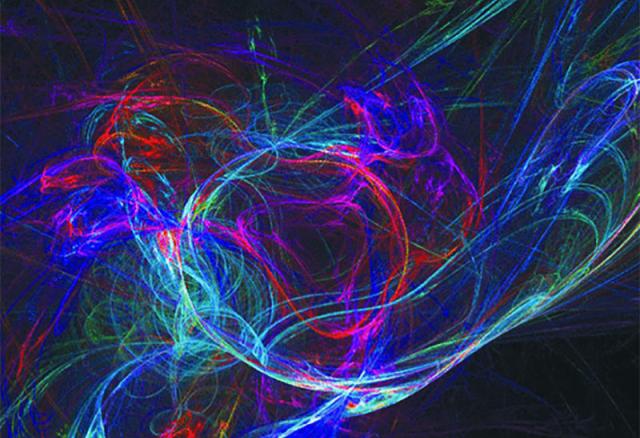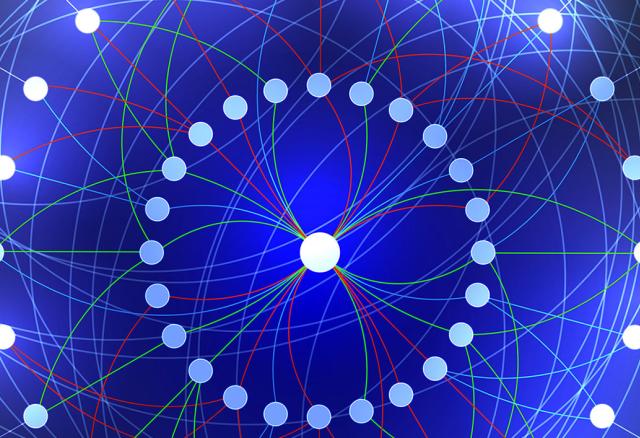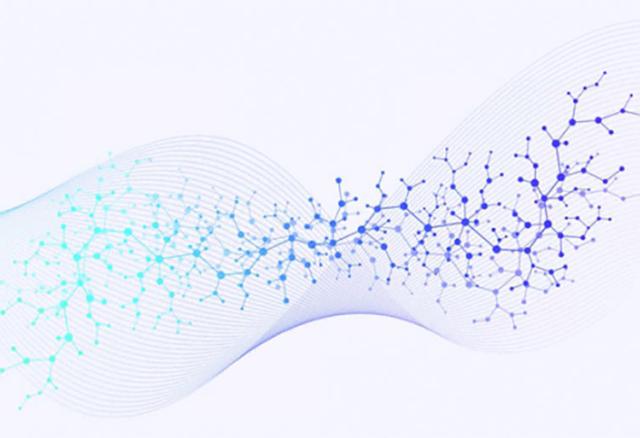Signal Processing at the Epicenter of Ground-Shaking Research: Researchers turn to signal processing to minimize earthquake damage, rescue victims, and perhaps even provide advance warnings
Earthquakes have afflicted people throughout history. Today, thanks to advanced technology, more is known about earthquakes, and more can be done to protect people against them. Signal processing is playing a key role as investigators examine ways to combat one of humanity’s most deadly foes.









